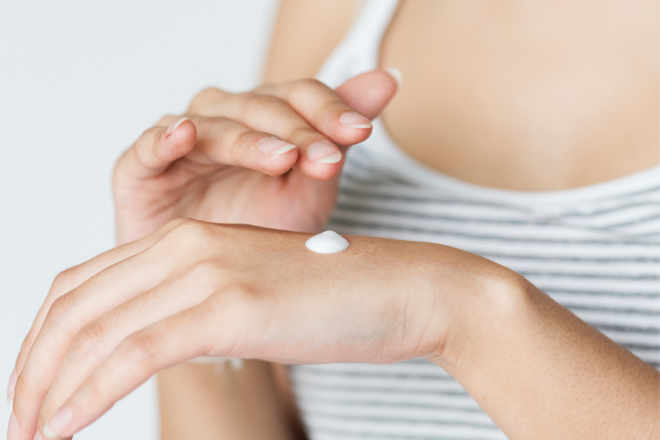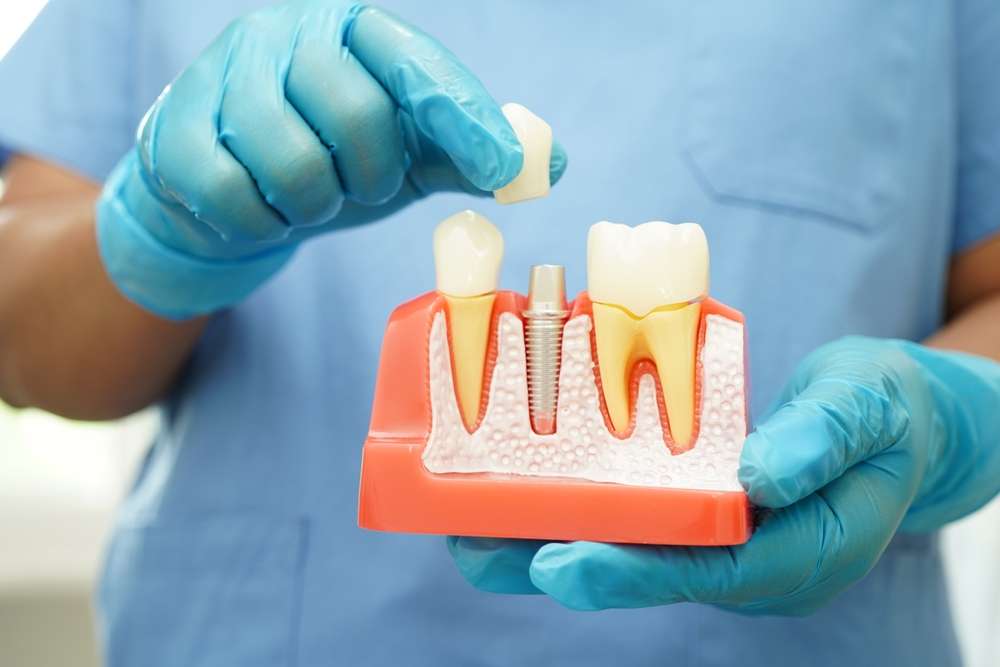Itchy Skin: Causes, Treatments, and Prevention in the United States 2025
Itchy skin is a widespread complaint with many possible causes, including dry skin, allergic reactions, eczema, insect bites, infections, and systemic conditions. This article summarizes common triggers, evidence-based and over-the-counter treatment options, safe home-care measures, practical prevention strategies, and clear guidance on when to consult a healthcare professional for persistent, worsening, or widespread itching.

Skin itch, also known as pruritus, can range from a brief annoyance to a chronic symptom that disrupts sleep and daily routines. Weather shifts, household products, clothing choices, and health conditions all influence how often and how intensely people experience itch. A practical plan blends accurate identification of triggers with evidence-based treatment and steady daily care that supports the skin barrier.
Common Causes of Itchy Skin
Dry skin is the most frequent cause, especially during colder months when indoor heating lowers humidity. Common dermatologic conditions include eczema, contact dermatitis from fragrances or metals like nickel, hives, psoriasis, and fungal infections such as ringworm. Infestations like scabies or lice can produce intense, often nighttime itch. Less commonly, systemic conditions contribute to symptoms, including kidney or liver disease, thyroid disorders, diabetes, iron deficiency, pregnancy-related changes, and certain cancers. Medications such as some opioids, antibiotics, or blood pressure drugs may trigger itch, and stress often amplifies perception of discomfort.
Medically Recommended Treatments for Itchy Skin
Treatment depends on the suspected cause and severity. Fragrance-free, ceramide-rich creams or ointments help restore the skin barrier and reduce itch, especially when applied within minutes after bathing. For inflamed patches due to eczema or allergic reactions, short courses of low to mid-potency topical corticosteroids are often used under clinician guidance. Non-steroidal options, such as calcineurin inhibitors, can be suitable for sensitive areas like the face or skin folds. Non-sedating oral antihistamines may help hives. When infection is present, antifungal or antibiotic treatments are indicated. For chronic inflammatory conditions such as eczema or psoriasis, phototherapy and, in select cases, immune-modulating medicines may be recommended by specialists. Identifying triggers through clinical history or patch testing reduces recurrences and limits the need for frequent medication.
Safe Home Remedies and Supportive Care for Itchy Skin
Supportive care can lower symptom intensity and complement medical treatments. Keep showers lukewarm and brief, then apply a rich, fragrance-free moisturizer while the skin is still slightly damp. Colloidal oatmeal baths, cool compresses, and lotions with menthol or pramoxine can offer temporary relief. Choose gentle, dye-free, fragrance-free detergents and skip fabric softeners on towels and bedding. Wear loose, breathable fabrics like cotton to reduce friction and overheating. Keep nails short and consider light cotton gloves at night to minimize scratching. Managing stress, prioritizing sleep, and keeping a simple symptom diary can help connect flares to triggers such as new soaps, jewelry, pets, or specific environments.
Preventing Skin Itch: Skincare and Lifestyle Tips
Prevention focuses on protecting and rebuilding the skin barrier. Moisturize twice daily during dry seasons and after handwashing or bathing. Introduce new skincare or cosmetics with a small test area before regular use. Maintain comfortable indoor humidity with a humidifier during heating season and ensure good ventilation in bathrooms to limit mold growth. Rinse after swimming to remove chlorine and change out of sweaty or damp clothing promptly. Use broad-spectrum sun protection to avoid sunburn-related itch. If allergies are a concern, clean dust-prone areas regularly and consider allergen-proof covers for pillows and mattresses. For jobs with frequent handwashing or contact with irritants, use barrier creams and select non-latex gloves when appropriate.
When to Seek Medical Care for Persistent Itching
Medical evaluation is advisable when itch lasts more than two to four weeks despite home measures, is severe or widespread, interrupts sleep, or recurs often. Seek prompt care for signs of infection such as spreading redness, warmth, swelling, or pus. Unexplained weight loss, fever, night sweats, jaundice, or changes in urination require timely assessment. New rashes in infants, extensive rashes in older adults, or suspected infestations like scabies or lice merit professional review. Local services in your area, including primary care and dermatology clinics, can provide testing, medication adjustments, and referrals for specialized treatments.
This article is for informational purposes only and should not be considered medical advice. Please consult a qualified healthcare professional for personalized guidance and treatment.
In summary, many cases of itch stem from dryness or mild irritation, while others reflect chronic skin disease or systemic conditions. A steady routine of gentle cleansing, liberal moisturizing, and trigger awareness helps many people improve comfort. When symptoms persist, worsen, or appear alongside other concerning signs, a targeted medical evaluation in the United States can clarify causes and align treatment with your needs in 2025.




